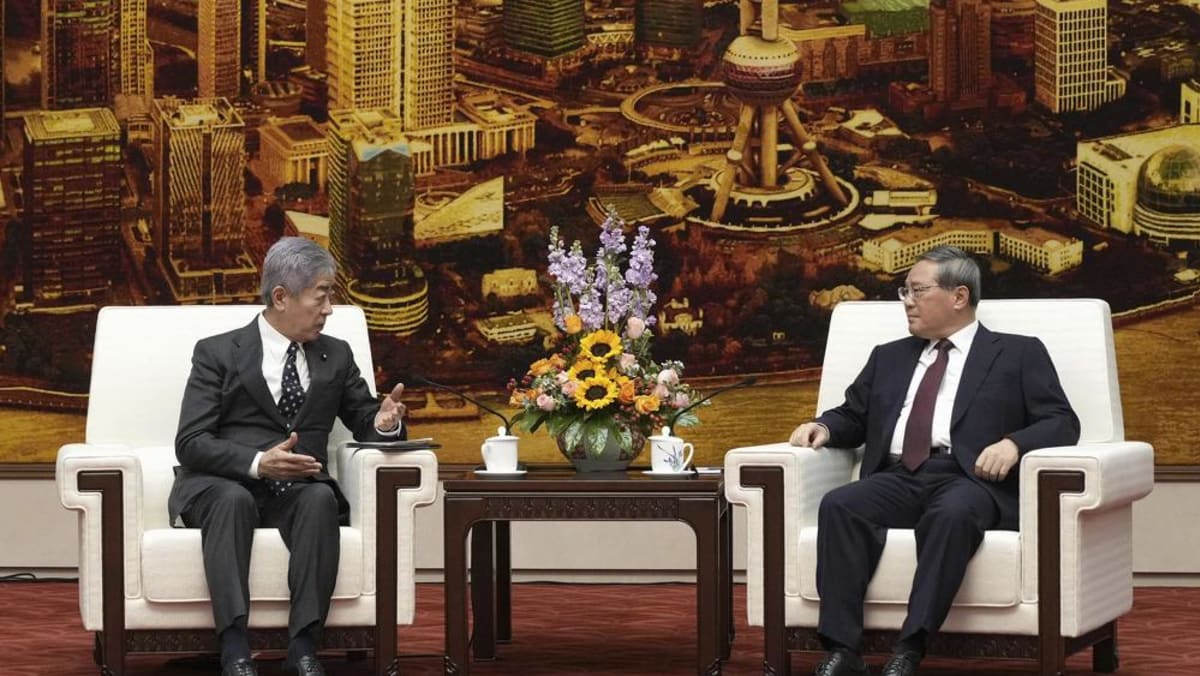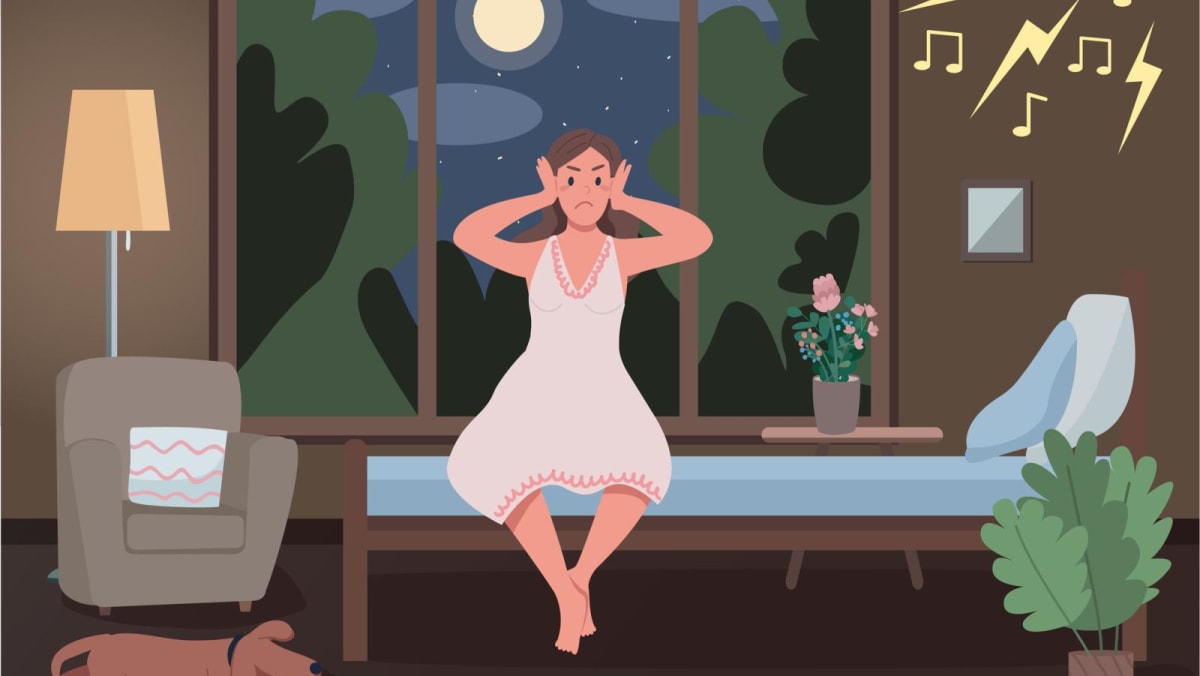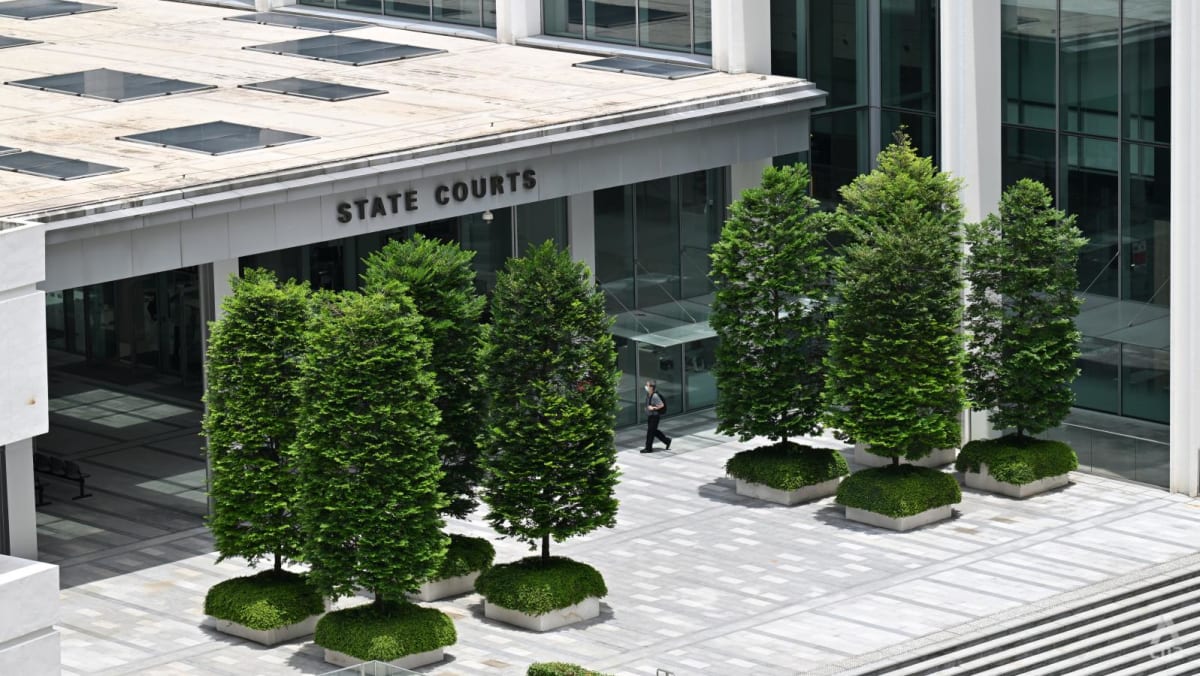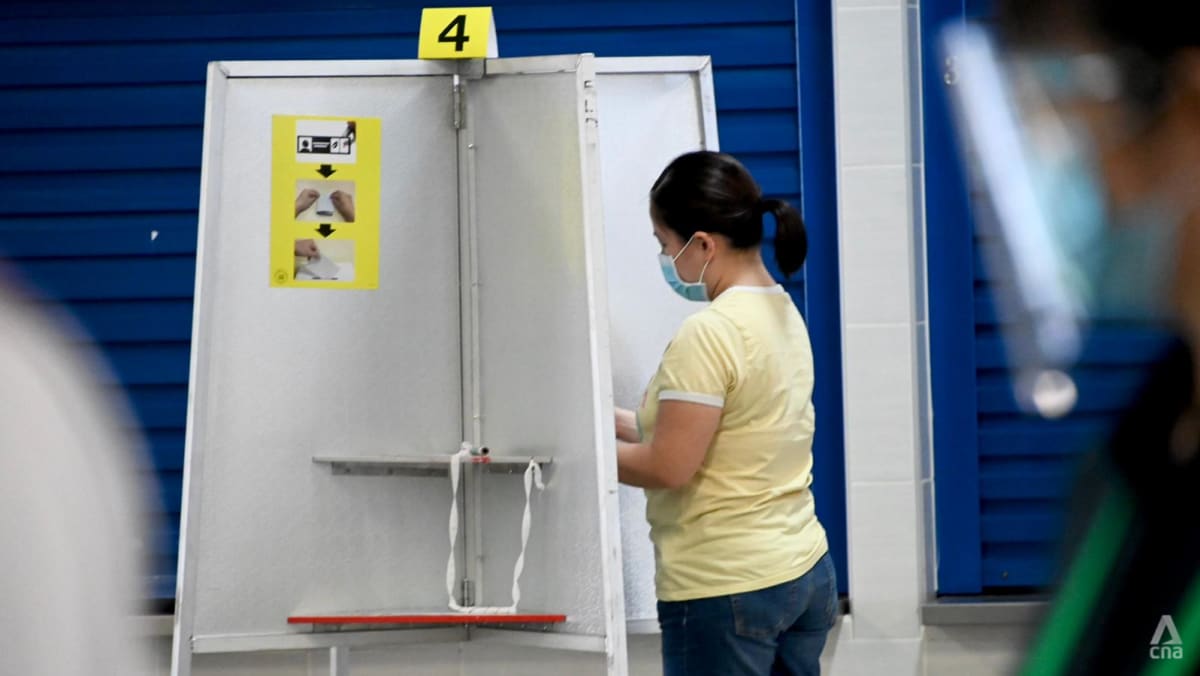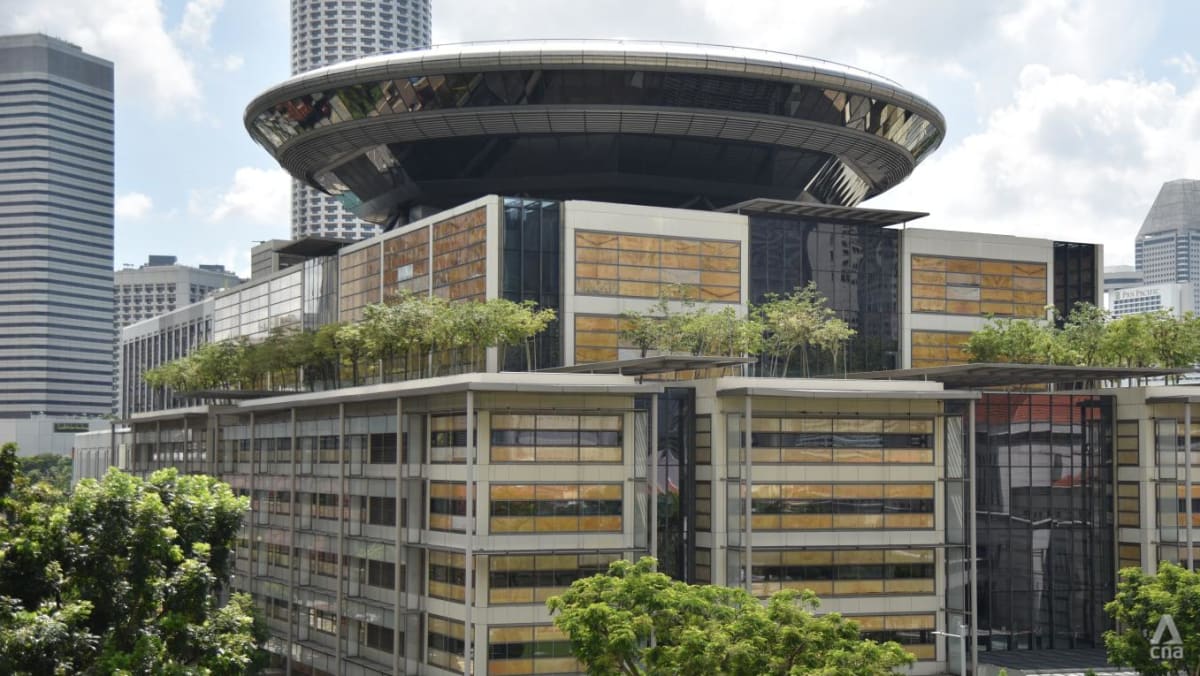LEARNING TO MEDIATE
To help residents find such a middle ground, some grassroots leaders are nominated to go through mediation workshops. Among them is Mr Iswandie Wanhar, chairman of the Tampines Park Residents’ Network.
During the workshop, the participants used role play to learn how to facilitate mediation, said Mr Iswandie.
“As grassroots leaders, usually … we engage the residents, we try to help them solve the problems, so we always have the solution for them,” he said.
“But in terms of mediation, it’s a different role, where we need to understand. We must hear both parties, we cannot take sides, and we must communicate and try to reframe … their disputes to make them understand.”
For severe noise complaints, residents in Tampines can expect a new avenue of help from the second quarter of this year.
A new Community Relations Unit (CRU) will begin a year-long pilot in the estate to tackle complaints involving hoarding and severe noise. This follows changes to the Community Disputes Resolution Act passed in parliament on Nov 12. During its second reading, Minister for Culture, Community and Youth Edwin Tong said that over the past three years, the authorities have received around 2,500 monthly complaints about noisy neighbours.
The town was selected because it has an average caseload in Singapore, authorities previously said. The aim is to eventually expand it to other areas of the country.
BEING SENSITIVE TO MENTAL HEALTH ISSUES
Community relations officers in the CRU may deploy noise sensors to detect and measure disturbances.
When faced with perpetrators who may have underlying mental health conditions, these officers can also issue a mandatory treatment order as a last resort.
The government said it will work with partner agencies on the assessment and treatment of nuisance makers who may be having mental health issues.
If such issues are at the centre of a dispute, treatment can help but it can be tricky for these officers to make them compulsory, said Dr Oliver Suendermann, a vice president at Intellect, which provides mental health services.
“If someone receives treatment against their will, it could really instill distrust (and) resistance, and therefore not be very beneficial to any sort of noise dispute that might be there in the community,” he said.

